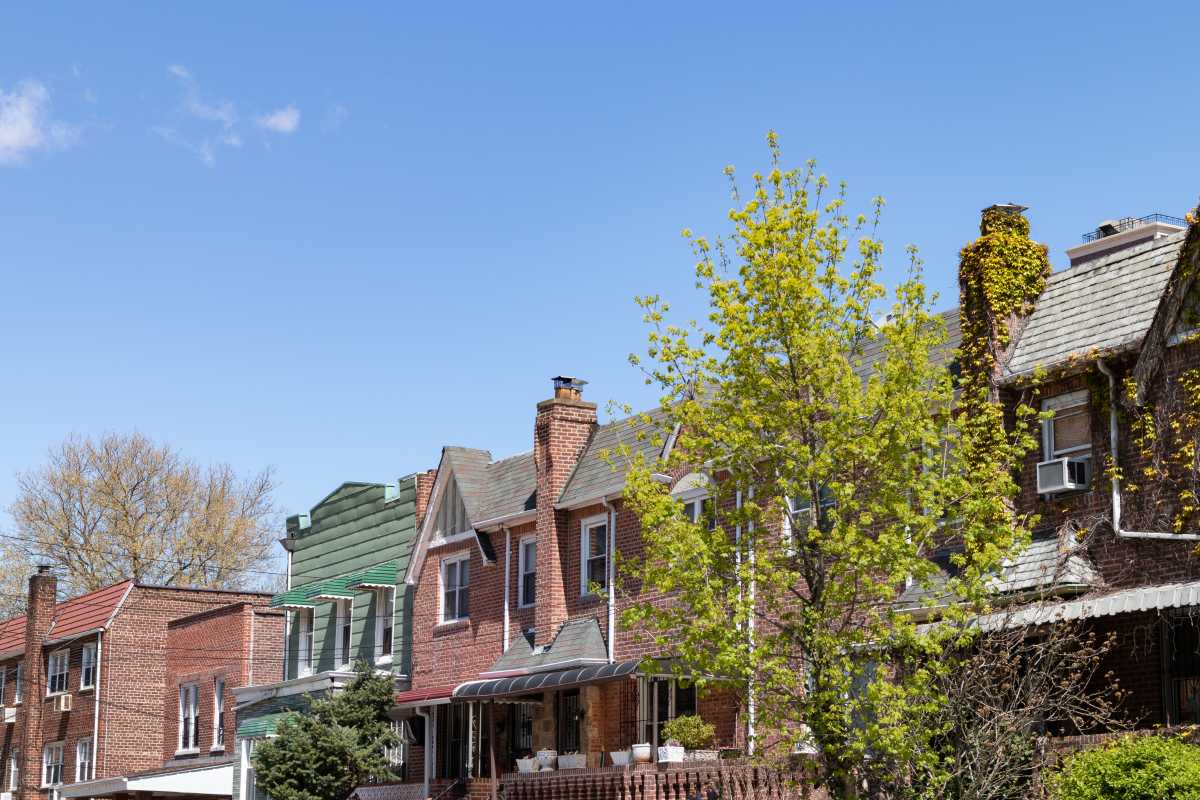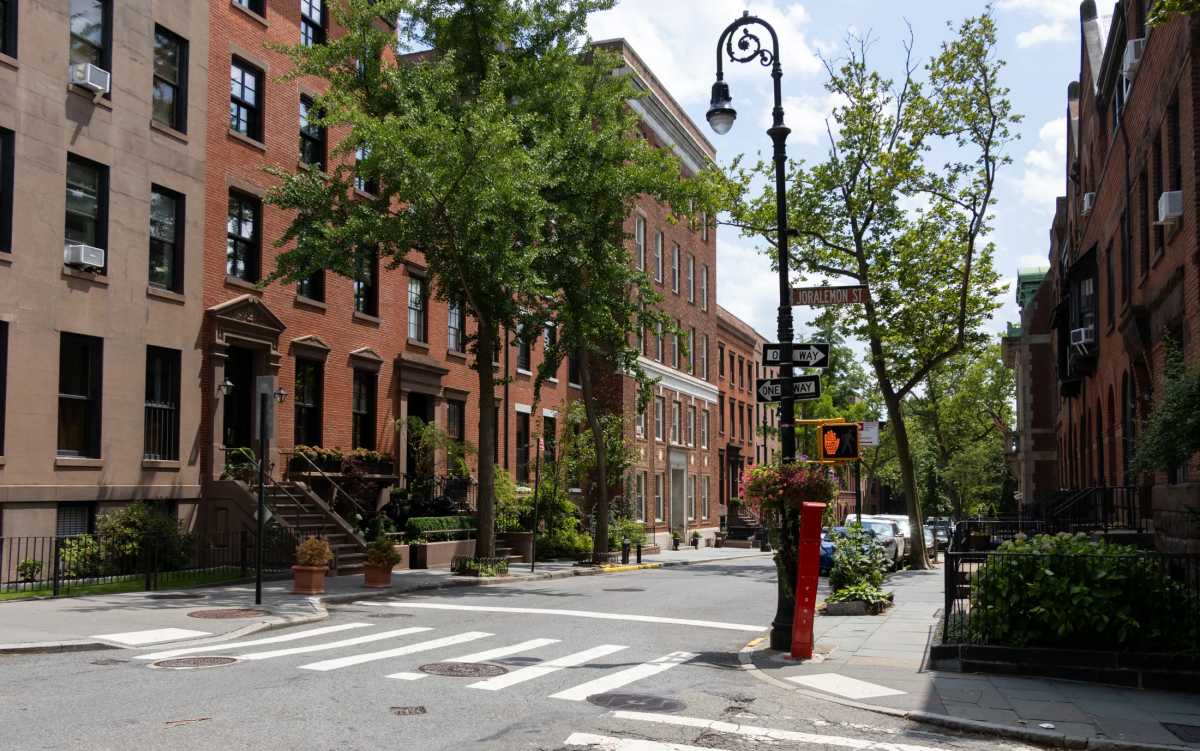I moved into my apartment after the rent-controlled tenant died, and in spite of renovations before I moved, it has many problems like noisy pipes, no water pressure, lack of hot water, etc. I told the landlord I’m moving out, and now I see she’s advertising the place for $100/month less than what I’ve paid. Am I entitled to a rebate of $100/month for the rent I paid for the past year, now that the landlord acknowledges the place isn’t as high quality as it was portrayed when I moved in?
Your landlord is perfectly entitled to lower the rent after you leave without issuing you any kind of refund, say our experts, and their decision is in no way an official acknowledgment that the apartment is low quality.
“The fact that the landlord rented the apartment for less does not automatically entitle you to a rebate,” says renters rights attorney Sam Himmelstein. “There are many possible reasons why the apartment was rented for less, including changed market conditions.”
That said, there might be other reasons for the landlord to owe you money, but proceed with caution.
First, the problems you mention in the apartment (including the lack of hot water) constitute a breach of the landlord’s legal obligation to provide you with a habitable apartment, and depending on the severity of the situation, could entitle you to a rent abatement. (More details on that process here.)
If you were to take your landlord to court over these conditions (and keep in mind you’d need concrete proof of their existence in order to make a case), Himmelstein notes that if the amount in question is under $5,000, you could take the landlord to Small Claims Court. If it’s between $5,000 and $25,000, it’d be a case for NYC Civil Court; and if the damages are over $25,000, the case would have to be commenced in State Supreme Court.
Also, if the tenant before you was rent-controlled (as opposed to rent-stabilized), the landlord should have notified you and given you the opportunity to issue what’s known as a Fair Market Rent Appeal within 90 days, to contest the new amount they were charging for rent. (You can read city guidelines on this process here.)
“If you were never given an opportunity to contest the first rent, there may be a claim here that you were overcharged,” says Wagner Berkow attorney Steve Wagner. However, with both this issue and the habitability problems, it might not help you in court that you accepted the apartment as is (or, as it were, as was) and never complained during your time there. (And if you’re leaving before the terms of the lease are up, the landlord could turn around and sue you for rent for the rest of the term of the lease.)
But, since you’re already moving out, it might be worth considering how much legal hassle you want to take on before you start seeing dollar signs.
“My advice: Leave it alone,” says Wagner. If your landlord is as negligent and the apartment as low quality as you say, be glad to leave them both in the rearview mirror.
Virginia K. Smith is the senior editor at BrickUnderground.com, the online survival guide to finding a NYC apartment and living happily ever after. To see more expert answers or to ask a real estate question, click here.







































